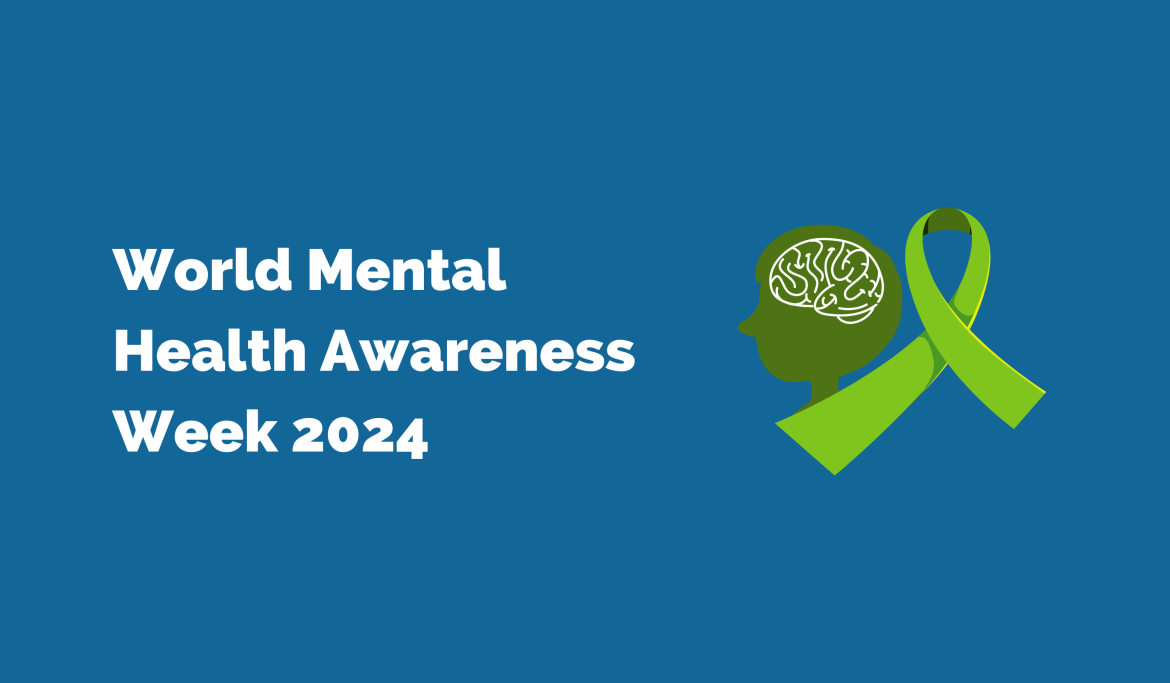By Muhammad Amaan
The Federal Government said plans are underway to integrate mental health treatment into the Primary Health Care (PHC) system.
The Coordinating Minister of Health and Social Welfare, Professor Muhammad Pate, disclosed this on Thursday in Abuja, at the commemoration of the 2024 World Mental Health Day.
Marked globally on October 10, the 2024 theme is “It is Time to Prioritise Mental Health in the Workplace” aimed at highlighting the vital connection between mental health and work.
Represented by the Permanent Secretary, Daju Kachollom, the minister said that the aim of the integration into PHC was to ensure that mental health services are available in every community, and not just urban centres.
“This decentralisation is critical to providing care where it is most needed, especially by reaching the under-served and the vulnerable.
“We are focusing on early intervention by PHC workers to recognise rewarding signs of mental health, and we can provide timely support to those in distress.
“Community awareness, where we are partnering with traditional and religious leaders to reduce the stigma associated with mental illness, and encouraging people to seek help for short programs in their organisations.”
He said that by fostering open dialogue, promoting mental health in places, and ensuring access to counselling, workplaces can become safe places and spaces for those at risk.
Prof. Pate said that over 20 per cent of the Nigerian population suffer from mental health conditions, such as anxiety, depression, and substance use disorders.
He said that these conditions have often been neglected, while stigma has silenced many who need help.
Pate also said that for Nigeria, the cost of mental health was not just financial, but human, as workers who struggle with it are often less productive, more likely to miss work and in severe cases, may even be at risk of suicide.
He, however, said that by prioritising mental health in workplaces, the nation could improve the well-being of its citizens and the performance of the economy.
The President of the WellBeing Foundation Africa, Mrs Toyin Saraki, said that productivity in the workplace cannot be achieved if mental health is not seen as part of the health ramifications of the workforce.
She said that mental health is no longer a silent crisis, but a visible and urgent issue.
“Workplace environments where men spend the majority of their time have emerged as both potential sources of mental health challenges and pivotal spaces for the promotion of well-being.
“The consequences of limiting mental health at work are staggering, ranging from increased obscenity and reduced productivity at work, and also the physical complications of an economic crisis.”
According to her, the workplace is no longer viewed strongly as a place of productivity, but as one that recognises an environment that shapes the mental, emotional, psychological well-being.
“Mental health in the workplace is shared responsibility, a role that calls on governments, private sector employers, global unions, civil society, to collaborate and foster environments where the target is not only discussed but meritised.”
The Country Representative, World Health Organisation (WHO), Dr Walter Mulombo, said that work and mental health are closely linked.
Represented by Dr Kelias Msyamboza, he said that feeling safe and supported at work provides a sense of purpose, connection, and stability, which could help protect people’s mental state.
“Yet unsafe or unhealthy working environments can undermine mental health, and poor mental health can interfere with a person’s ability to work, if left unsupported.
“Without effective structures in place, unsupported mental health conditions can negatively impact self- confidence, enjoyment at work, capacity to work, absenteeism and ability to gain employment.
“In 2019, 15 per cent of working age adults were estimated to have a mental disorder at any point in time, out of which more than 300 million people were living with anxiety.
“1.3 million people living with depression, 1.64 million people living with schizophrenia or bipolar disorder and 703, 000 people died by suicide globally.”
He, however, said that effective policies and action to improve mental health at work were critical to uphold the human rights to good health, including mental health.
Also, to advance progress towards the Sustainable Development Goals (SDGs), especially SDG three on health and SDG eight on decent work for all.
Highpoint of the event was the inauguration of the National Task Force on the Decriminalisation of Attempted Suicide and the launch of the Contextualised Mental Health Gap 3.0 document.




